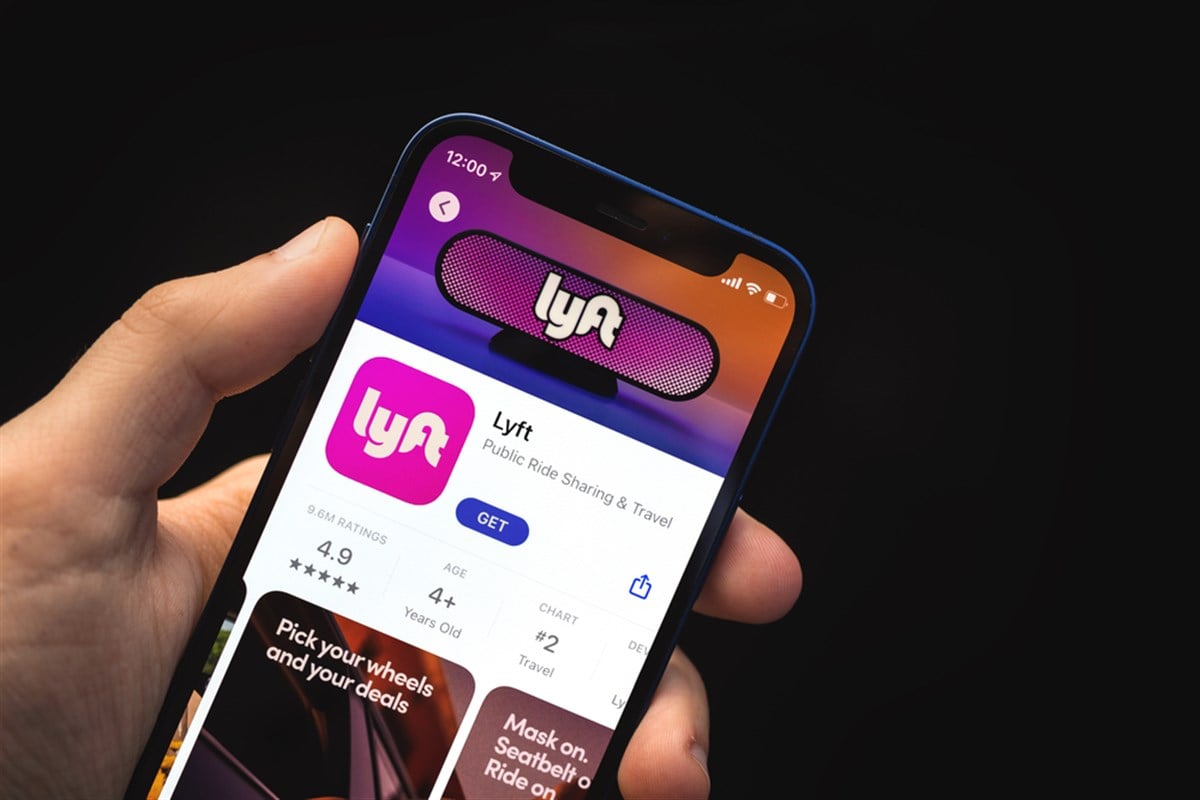
It is one thing when a single Wall Street analyst decides to boost a price target on a stock; investors may or may not want to pay attention to that single view. However, it is a different trend when several analysts come together to boost a stock. Today, Wall Street’s best choice is to land on shares of Lyft Inc. (NASDAQ: LYFT) to reward it with a higher valuation.
It’s interesting to see how none of these rating houses went to Lyft’s arguably more famous competitor, Uber Technologies Inc. (NYSE: UBER). Investors would benefit from trying to uncover the main reasons behind this preference. One reason stems from trying to find the best deals in today’s potentially overvalued marketplace.
What comes next is a broader overview of the U.S. economy and how its post-COVID trends are helping stocks like Lyft become more of a commodity than a luxury in today’s world. More than that, it would be wise to dig into Lyft’s financials and compare them against Uber’s in the most recent financial quarter, where the conclusion may be that Lyft is potentially undervalued.
Wall Street Delivers a Wave of Upgrades for Lyft Stock
Among the many that boosted Lyft stock’s valuation, a few rating houses stand out. Those at Morgan Stanley, Goldman Sachs, Piper Sandler, Bank of America, and Barclays all sent out a range of $18 to $24 a share for Lyft’s valuation.
To prove these analysts right, the stock would need to rally anywhere from 29.5% to 72.7% from today’s price. Compared to today’s consensus price targets for Uber stock, which only implies a 20.4% upside, Lyft stock looks like the better deal for investors.
Even though Uber offers economies of scale and a much bigger market capitalization of $146.3 billion, Lyft’s smaller $5.6 billion valuation gives it an open field to catch up with the industry.
Investors can find a similar story when comparing Cava Group Inc. (NYSE: CAVA) to Chipotle Mexican Grill Inc. (NYSE: CMG), as the newcomer attempts to match the scale of its predecessor. Now, what is Lyft actually doing to close this gap against Uber?
How Lyft's Fast Growth is Steering it Into Profitable Territory
With the company’s leading key performance indicators (KPIs) and gross bookings, investors can note that Lyft delivered faster growth than Uber in the first quarter of 2024.
Lyft saw gross booking growth of 21% over the year, while Uber pushed 20%. While not a landslide, it is still a significant achievement, considering how much smaller Lyft is compared to Uber. Because of this growth, Lyft’s revenue jumped by 28% in the same period, while Uber’s revenue only advanced by 15%.
Driving this growth is Lyft’s recent expansion into Canadian markets, where management quotes up to double the ride amount in the region and more than double new rider activations and driver hours. Slowly, it seems Lyft is starting to achieve the type of economies of scale that allowed Uber to become the behemoth it is today.
What matters most for investors is Lyft’s free cash flow (operating cash flow minus capital expenditures), which is now positive compared to last year. 2023 saw an outflow of over $100 million compared to this recent quarter, which brought over $120 million in free cash flow.
Achieving profitability on a free cash flow basis is the building block for rising earnings per share (EPS), which could be one of the reasons why analysts are boosting the stock’s price target. The Vanguard Group, Lyft’s largest shareholder, saw fit to boost its stake in the stock by 2.4% in the past quarter, bringing its net investment up to $636.6 million today.
Asset managers like Vanguard only buy these stocks if they are cheap enough, so here’s how Lyft compares to the rest of the Business Services sector.
Lyft Stock is Discounted in All Ways That Matter
On a price-to-sales (P/S) ratio, Lyft stock’s 1.2x valuation comes well below the industry’s 3.0x multiple, roughly 60% below. But that’s not the only way Lyft stock offers investors a discount today.
Lyft stock trades at only 67% of its 52-week high price. In comparison, Uber remains at 85%, offering minimal incentive for those looking to buy a dip. More than that, taking analyst EPS projections for the next 12 months, Lyft is also discounted on a forward P/E basis.
Though only 13.9x today, Lyft stock shows a discount of up to 57% to Uber's 32.3x forward P/E. Considering Lyft's fast growth pace, these valuation multiples may start reflecting the growth potential the stock's financials carry.




